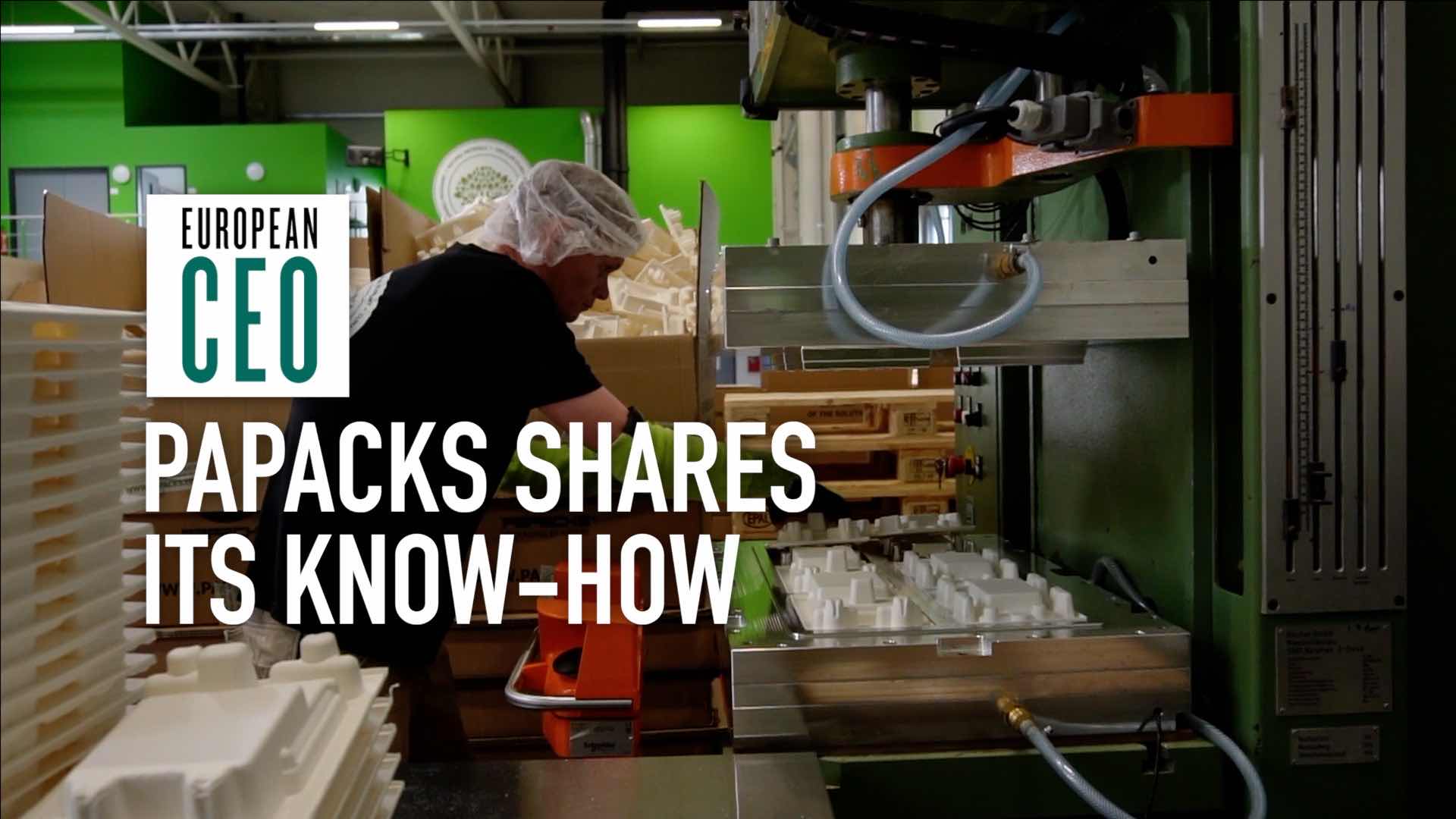KPMG’s global tax head: What BEPS means for international business
The OECD’s BEPS project is set to reshape the international tax landscape – KPMG's Jane McCormick explains how
Transcript
The global tax climate is changing under pressure from economic and social trends. So with the OECD’s base erosion and profit shifting project set to reshape the international tax landscape, what should corporations be aware of, and how can they adapt? Jane McCormick discusses what changes can be expected – and in the question of how to tax the digital economy, what changes still need to be agreed.
European CEO: The global tax climate is changing under pressure from economic and social trends. So with the OECD’s base erosion and profit shifting project set to reshape the international landscape, what should corporations be aware of, and how can they adapt? Jane McCormick of KPMG International joins me now.
Jane, how has the political and economic climate changed today’s tax landscape?
Jane McCormick: Well the tax landscape has changed really quite radically ever since the financial crash, in light of all the political debate that’s gone on. And the biggest single change is that tax has gone from being a subject that was discussed by experts – people like me – in darkened rooms, away from the glare of publicity; into being one that now everybody has a point of view on, and is debated in the open.
And what that has meant for us all is that we all are now having to try and find a way of explaining what is an incredibly complicated situation in very simple language.
European CEO: So, what can be done to communicate these things in a more accessible way?
Jane McCormick: I think it’s really about trying to step back. We are used to being in the detail, and actually you don’t need to go into the detail. And most of what we are doing in managing tax is of course driven by a business issue. So I think it’s about us needing to explain what the business issues are that we’re facing.
European CEO: And tax has always been an important boardroom issue, but increasingly more so in terms of social responsibility, as well as the bare financials of it.
Jane McCormick: Yes of course – I mean, tax has been a very important issue for the board, it’s a very significant cost that’s borne by business, and it’s a very significant risk that they face.
But things have changed really quite radically, because increasingly the way that a business manages tax is being seen almost like a proxy for their attitudes to their social responsibility.
European CEO: The BEPS project was introduced to keep pace with increasingly multinational corporations, fluid movement of capital, the rise of e-commerce; so how successful has it been?
Jane McCormick: BEPS has been extraordinarily successful in reaching consensus on a lot of issues. But it hasn’t solved all of the problems, and never really set out to solve all of the problems. So while it has eliminated some of the arbitrages between different tax systems, it hasn’t solved the problem that the digital economy poses for us all.
European CEO: What is the problem that the digital economy poses, then?
Jane McCormick: The approach to tax, and the approach that has been continued through the BEPS project, is to seek to tax profits of a business where the economic activity is, which gives rise to those profits.
The trouble with the digital economy is that it’s become really difficult to work out where that economic activity is – or even whether we’re taxing the right things as value drivers of the business.
European CEO: Is anybody else addressing this?
Jane McCormick: Well no – nobody is addressing this issue at the moment. There’s an awful lot of chat among academics and people like myself; but there is a big unanswered question there, of whether corporate income tax in the way it is currently structured is fit for purpose in a new world.
And the real issue is, where does that conversation take place?
European CEO: And how has the BEPS package – and country-by-country reporting especially – impacted international business?
Jane McCormick: So what’s happened already on BEPS is causing change. Businesses all over the place are looking at what they believe will be the future, and thinking through whether their business models are fit for that future. And also whether the way they manage tax is right.
But of course, we’re only at the beginning of that journey. The OECD’s work in terms of writing the framework is nearly over, but of course the action now really happens in implementation. And that’s a matter of governments all around the world having to rewrite their own domestic tax laws.
European CEO: As you said you’re having conversations with academics, you’re having conversations with businesses around the world; what should businesses be doing over the next five years to prepare for all these changes?
Jane McCormick: Well clearly they do need to do all the things I’ve just mentioned: to look at their business models, are they fit for purpose? Do they actually need to restructure their supply chains in this new world? To look at the way they manage tax, they really are going to have to take a much more holistic view to the overall management of tax on an international basis.
But the biggest single change I think is that they now really need to be able to think through how they explain all of that to the various stakeholders who are going to be looking at the information that they provide, and are trying to work out what they’re doing.
European CEO: In terms of board members and business executives, what one thing would you recommend they do to prepare for this changing environment?
Jane McCormick: I think the most important thing that senior executives in a business need to do at the moment is to actually think through what their strategy is in relation to tax. To make sure that’s understood right throughout the organisation – not just by the tax people within it. To make sure that’s consistent with the overall values of the organisation. And then figure out a good way to communicate that to their stakeholders.
European CEO: Jane McCormick, thank you very much.
Jane McCormick: Thank you.


 Papacks CEO: ‘Working with sustainable impact makes people happy’
Papacks CEO: ‘Working with sustainable impact makes people happy’ Papacks goes global by sharing molded fiber technology in licence model
Papacks goes global by sharing molded fiber technology in licence model Think circularity: Molded fiber is the sustainable future of packaging
Think circularity: Molded fiber is the sustainable future of packaging